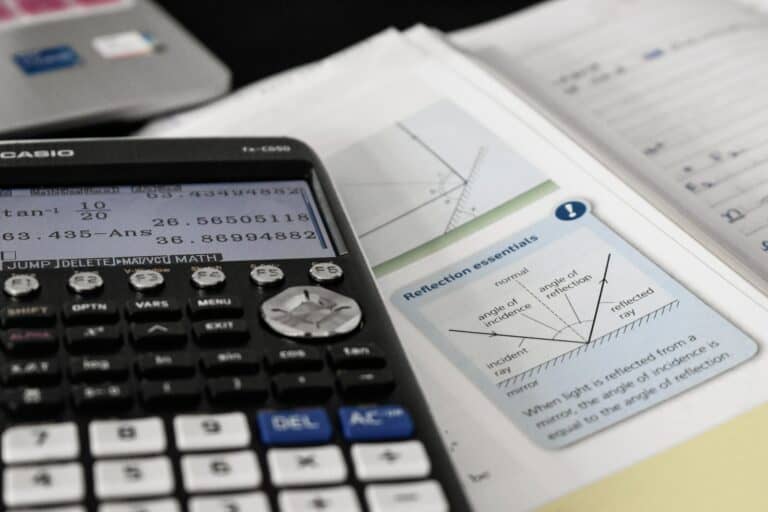The General Educational Development (GED) test is a widely recognized and respected high school equivalency assessment that measures knowledge and skills in four subject areas, one of which is math. The math portion of the GED test assesses an individual’s mathematical skills and understanding of mathematical concepts, such as arithmetic, algebra, geometry and data analysis. Understanding the structure of the GED math test, including the number of questions and time limits, is an important part of preparing for the test.
In this article, we will explore the structure of the GED math test, including the number of questions, time limits, and how questions are scored. This will help you to understand what to expect on test day and how to best prepare for the GED math test.
Number of questions in each section of the GED math test
The GED math test is divided into two parts: Part 1 is a 115-minute section with a calculator, which contains approximately 41 multiple-choice questions and 2 open-ended questions. Part 2 is a non-calculator section, which contains approximately 16 multiple-choice questions and 2 open-ended questions. The total number of questions on the GED math test is approximately 59.
It’s important to note that the exact number of questions may vary slightly depending on the test version.
It’s important to be familiar with the structure and format of the test so that you can budget your time efficiently and answer all questions in the given time.
Time limits for the GED math test
The GED math test has a total time limit of 145 minutes (Part 1: 115 minutes, Part 2: 30 minutes). It is important to be aware of the time limits so you can budget your time effectively during the test. This means that you need to manage your time well and not spend too much time on a single question and avoid rushing through the test.
Make sure to take advantage of the time you have during the test. Take your time to read through the question carefully and make sure that you understand what it is asking before answering. If you are unsure about a question, it’s better to skip it and move on to the next one.
It’s important to practice taking the test under timed conditions. You can use official GED practice tests or timed practice questions in your study materials to get used to the time pressure on test day.
How questions are scored on the GED math test
The GED math test is scored using a standard scoring system. Each correct answer earns 1 point, and there is no penalty for incorrect answers or unanswered questions. The total number of points you can earn on the GED math test is around 59.
The passing score for the GED math test is 145 out of a possible 200 points. This means you must get a minimum of 145 points out of 200 to pass the math GED test.
It’s important to note that the GED math test also includes open-ended questions, these are scored differently. These questions are typically scored by certified evaluators who assess the quality of your reasoning, problem-solving, and communication skills.
Keep in mind that your final score is not based solely on the number of questions you answer correctly, but also on the quality of your reasoning and problem-solving skills demonstrated in the open-ended questions.
